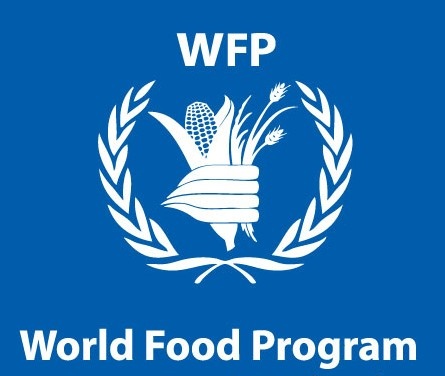Investments by World Food Programme (WFP) to improve the agricultural practices and business potential of smallholder farmers in Uganda are showing impressive results, the organization has said.
WFP has invested over US$32 million in infrastructure and training to assist smallholder farmer groups in Uganda since 2009 to improve storage facilities and provide modern grain processing equipment to clean, bag the grain and ensure farmers can access markets beyond the farm gate.
This has benefited at least 16,000 farmers in 27 districts across the country and facilitated the purchase of 62,000 pieces of grain storage equipment for households in the past year alone.
Nine large warehouses in Gulu, Jinja, Soroti, Kasese, Kapchorwa, Lira and Masindi, have been built or refurbished and 46 community storage facilities established.
According to a statement issued to the media yesterday, the investment is yielding impressive results.
“Farmer groups who sell their grain through established grain stores have been selling it at a premium, more than twice the market average,” the statement reads in part.
Last year WFP bought over 41,000 metric tons of food, at a cost of US$ 17.5 million, from small scale farmer groups as well as grain traders throughout Uganda.
Mr Michael Dunford, WFP’s acting country representative argues that by building warehouses and establishing local storage facilities, grain storage capacity in Uganda has increased by more than 25,000 metric tons and helped to stimulate trading.
According to the statement, agriculture, market support, complementing government initiatives to improve grain quality and increase production are among WFP’s priorities in Uganda.
“Smallholder farmers in Uganda are often unable to access formal markets as the quality of the grain often suffers from inadequate storage and handling practices,” MrDunford is quoted in the statement.
WFP’s support is aligned with the National Agriculture Policy and objectives of the Comprehensive Africa Agriculture Development Programme (CAADP) which is committed to improving rural infrastructure and trade-related capacities for market access.
In 2010 WFP purchased 3.2 million metric tonnes of food worth $1.25b from 96 countries with Uganda contributing 153,000 tonnes worth $43m.
Two years later, MrSoryOuane, the then WFP country director indicated that given the massive needs in South Sudan, the Democratic Republic of Congo, Somalia, Rwanda, Burundi, Kenya and Uganda, WFP would absorb all quality maize (Grade 1) grown in Uganda.








